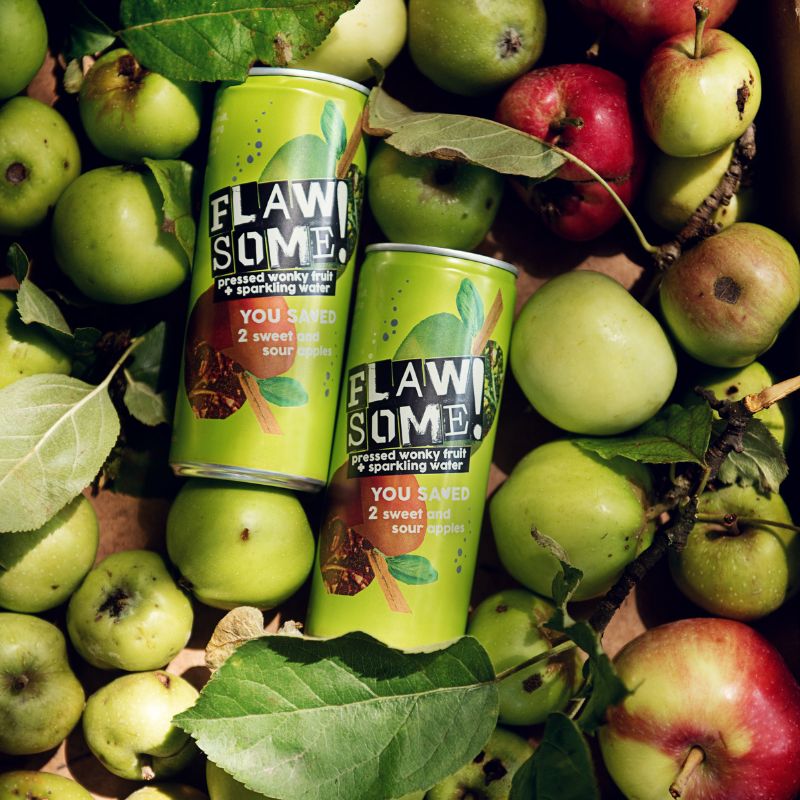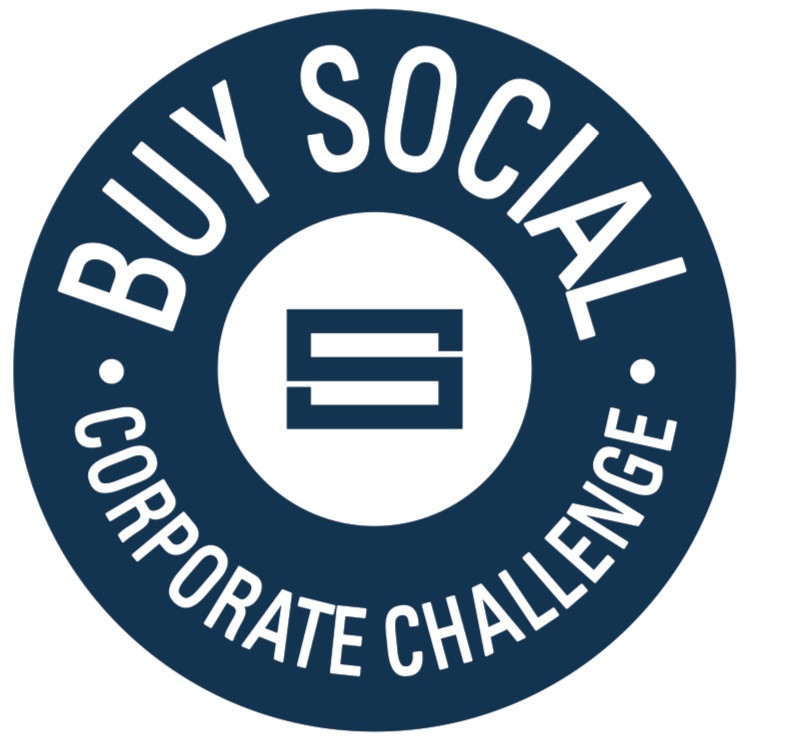5 ways to swap performative action for year-round impact this Earth Day
14/4/2023
Earth Day is one of the longest-running environmental awareness days, marked every year on 22 April. Since its beginnings in 1970, the campaign has led to the creation of many landmark environmental laws and programmes for a greener, healthier planet.
Everyone is invited to join in with Earth Day activism – businesses as well as individual folk. However, what’s not welcome is hijacking the day with performative action. Too often social media feeds tell stories of green-themed campaigns, while behind the scenes there’s little serious progress towards sustainable goals.
Continuing on from last year’s theme, the Earth Day message for 2023 is the antithesis of performative action. They want people, governments and businesses to “invest in our planet”. The word “invest” says it all. Earth Day is an opportunity to put more time, energy and money into your environmental efforts for the long-term, rather than overnight changes and one-off campaigns.
What is performative action?
Performative action by brands looks like talk of tackling social and environmental issues publicly, while continuing with “business as usual” in reality. That is, business that’s harmful to people and planet.
When it comes to environmental campaigns, brands might do something like launch a limited edition eco-friendly product or post about how they’re celebrating Earth Day in the office. But beyond these temporary gestures, there’s little transformative action. It’s symbolic rather than substantive.
Examples from well-known brands include the time Persil made the vague claim one of its products was “kinder to our planet”, before the Advertising Standards Authority banned the advert for misleading information. Coca-Cola also notoriously promoted bottles made from 25% marine plastic while forgetting to mention they are the world’s biggest plastic polluter.

In these cases, increasing social capital for the sake of profit is often the goal. Shoppers are ever-more conscious about how their products are made and brands want to cash in on this. Sometimes though, there is a genuine desire to create positive impact but a lack of sustainability strategy leads to performative action.
Luckily, we’re seeing a rise in businesses who want to do better, as proved by the fact that the second fastest growing role in the UK was ‘Sustainability Manager’ and in the growth of the B Corp movement too. The UK has one of the fastest growing B Corp communities, with over 1200 certified businesses.
If you’re in this camp – eager to get it right and here for the long term – we have some tips for carving your path to real, meaningful environmental impact.
5 tips for creating real impact beyond Earth Day
1. Find your “why”
Successful sustainability initiatives and campaigns have a clear mission in mind, rather than vague plans to be more green.
It helps to go back to your brand values before you get started. Which environmental goals make the most sense for your individual business and industry? Essentially, what’s your purpose as a business and how will your sustainability initiative align with that?
This is a crucial element of any ESG strategy. Once you know your purpose, you can build all the other parts of your strategy accordingly, from creating measurable goals to reporting. It’s something social enterprise founders know all about. Often their whole business plan begins with a singular purpose, to solve an environmental or social problem.
For instance, a starting point for Flawsome! Drinks founders Karina and Maciek was witnessing first-hand perfectly good fruit and veg going to waste at a local farm. They discovered what they saw was part of a much wider issue – food waste accounts for around 6% of global greenhouse gas emissions. From there, they decided to launch a juice business using surplus fruit and veg, to help tackle the problem. The purpose was clear from the start and central to the entire business model.
Research by Deloitte has found that purpose-led business strategy provides great long-term value for businesses. It’s also a way to boost your employee engagement, since employees are searching for purpose as much as your customers.
2. Do your research
Once you’re clear on what you want to achieve and why, it’s time to dig into the research. Skip over this part of the process and you risk not making a significant impact or even worse, causing more harm than good.
Certain tree planting campaigns are the perfect example of this, as we’ve written about previously. To be effective in the fight against climate change, the trees need to be properly managed in the years that follow, as well as in keeping with the area’s current biodiversity.
Sadly, that’s not always the case. Without careful research, businesses and even governments can end up supporting poorly managed programmes. The flaws in the “trillion-tree” campaigns, as reported by the Financial Times this week, show this in action.
In contrast, research and science has backed BEEN London founder Genia Mineeva’s approach from day one. Her curiosity about where our waste ends up snowballed into months of research and education about recycling and reuse. She became obsessed with understanding the “scientific framework behind materials and sustainability.”
The payoff for putting time and energy into this stage is a business or initiative with maximum impact. All that research allowed Genia to source materials and create a design process that saves as much waste as possible.
3. Elevate your operating principles
Think about how your day-to-day operating principles in all parts of the business could be more sustainable. It won’t surprise you that our first recommendation in this department is to join forces with social enterprise suppliers for ongoing social procurement. Your supply chain can have an enormous impact on your corporate responsibility standing, so it makes sense to purchase with purpose. You’ll find heaps of green suppliers in our eco-conscious category. ![]()
Some of the country’s biggest brands share our enthusiasm for social enterprise suppliers. The Buy Social Corporate Challenge, a pledge by large businesses to collectively spend £1 billion with social enterprises, has the likes of Co-op and AXA on board.
4. Partner up for maximum impact
We’ve said it before and we’ll say it again: collaboration is one of the best ways to do better for people and the planet. Linking up with a charity partner is an excellent way to run an effective environmental or social initiative. A charity can step in where you might be missing expertise, thanks to their immense knowledge in the issues they cover. It’s a model many social enterprises use, as you can read about here.
An area that’s particularly ripe for partnership is impact measurement. Without measuring impact, you can’t know if your sustainability efforts are successful and how they could be more effective. It’s a must if you’re serious about becoming a sustainable, responsible business.
For Ocean Bottle founder Will, their charity partner Plastic Bank is an invaluable resource in this respect. He told us the charity provides vital information, “like what kind of plastic has been collected, when, how much, where, who collected it”.
“We could have tried to [measure impact] ourselves but it just wouldn’t have made any sense. Because there are already organisations out there are doing a brilliant job, so why not support them?”
5. Gamify & incentivise
In keeping with the spirit of collaboration, getting the whole team engaged is a great way to up the environmental impact your business creates. Training, education and sharing ideas on sustainability in all corners of your company promotes internal as well as external change. And that’s key for generating real over performative action.
One idea we love for sparking conversations and behaviour change internally is using apps like Giki Zero. This creates competitions for your teams based around reducing carbon footprints, focusing on actions like going vegan for two or three days a week. It’s a great first step to engagement and generating a communal interest in sustainability.
We’ll end by bigging ourselves up here. Any business that partners with Social Supermarket for their sustainable merchandise and procurement receives a social audit, to determine the impact of any procurement swaps, and automated impact reporting, via the Team Gifting Platform. The impact of every purchase is quantified, so you see exactly where and how your purchases are doing good. It makes understanding and communicating your impact super simple.
As a B Corp, you can be sure we’re carefully considering and measuring our own environmental and social impact too. Because we’ve met the high standards it takes to get certified.
Follow us on LinkedIn or sign up to our newsletter for more advice on building a sustainable brand.



